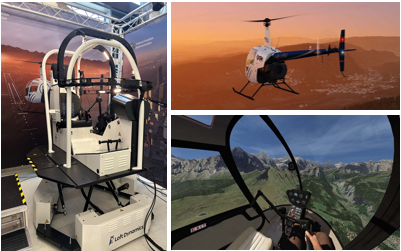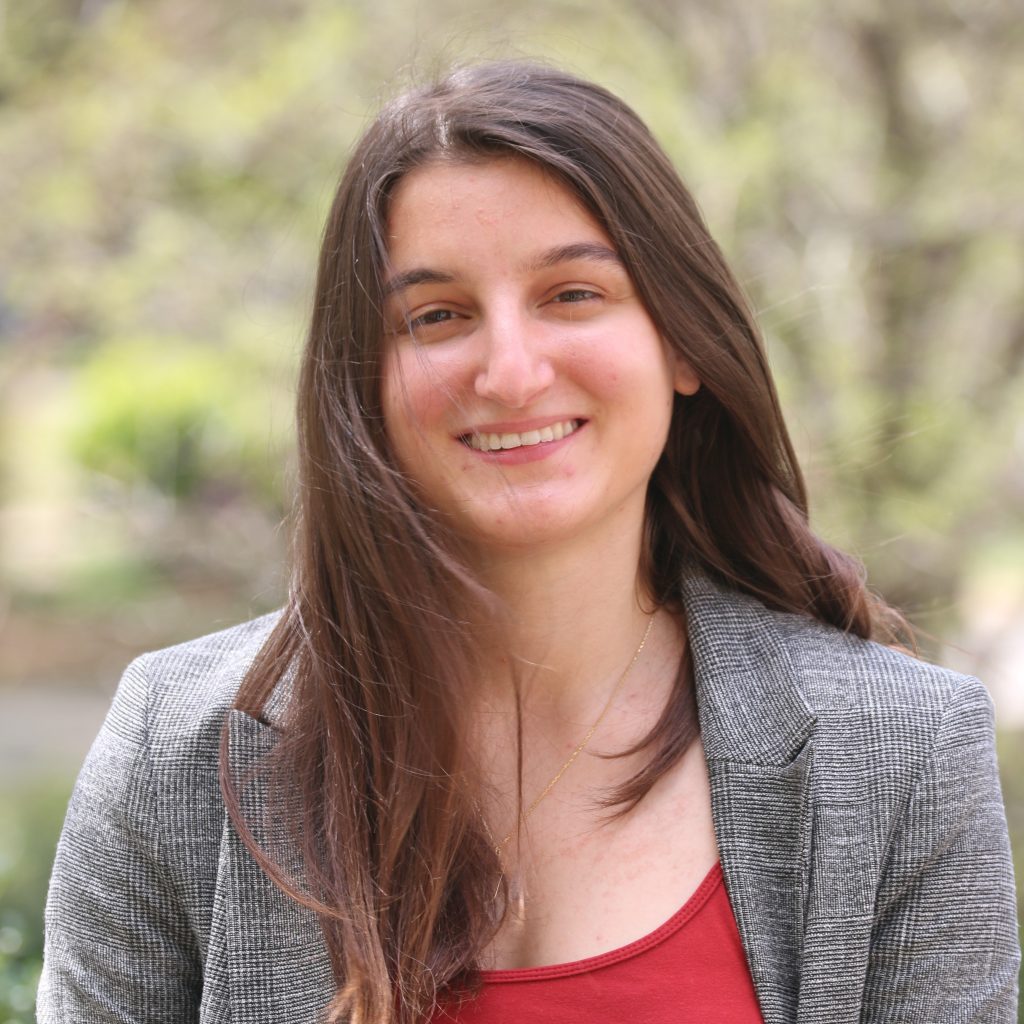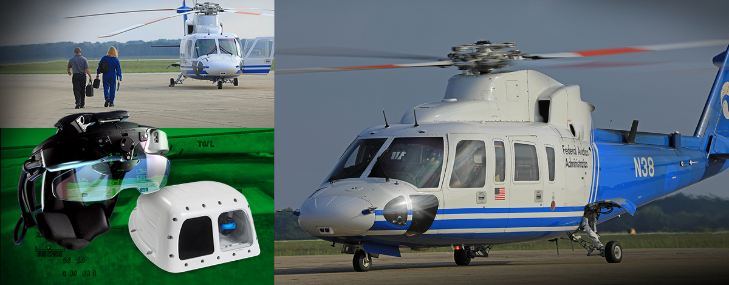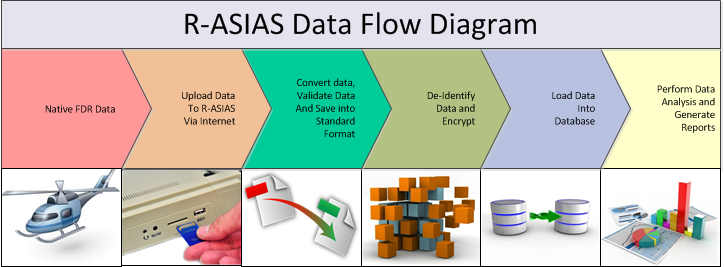
Description
From 2008 to 2021, 48 helicopter accidents have involved Vortex Ring State (VRS) encounters in the United States. Ambitious rotorcraft safety improvement objectives have been set by the helicopter community for the current decade, which will require to mitigate VRS-induced accidents. However, due to the inherent risks, training for fully developed VRS during actual flights is discouraged. Thus, simulators could provide a safer alternative for pilot training, assuming that they accurately replicate the helicopter’s flight dynamics during VRS.
To be able to perform VRS Scenario-Based Training in flight simulators, the latter’s ability to represent VRS onset and recovery must be evaluated. However, the current qualification standards for VRS simulation remain subjective, raising uncertainties about the simulator’s suitability for pilot training and the potential risks associated with negative transfers of skills from the simulator to the helicopter. Hence, it is necessary to develop a more objective fidelity assessment of flight simulators in VRS.
This research aims at defining metrics to evaluate the simulator’s performance at the onset of VRS and during the recoveries using flight test data and non-real-time simulations. Additionally, these experiments provide insight into the effectiveness and potential limitations of the different techniques for VRS recovery.
Once the accuracy of the simulator has been determined, we can develop VRS-inducing scenarios based on accidents and suitable to the flight simulator’s performance. A group of pilots can
then test this set of scenarios to demonstrate its use in VRS accident prevention Scenario-Based Training, by evaluating pilots’ VRS awareness, avoidance, detection, and recovery during the simulations.
Publications
· Eleni Sotiropoulos, Alexia Payan, Charles Johnson, Dimitri Mavris.” Scenario-Based Helicopter Flight Simulation of Accident-Prone Vortex Ring State (VRS) Encounters”, 50th European Rotorcraft Forum, Marseille, France
· Eleni Sotiropoulos, Alexia Payan, Charles Johnson, Dimitri Mavris.” Scenario-Based Helicopter Flight Simulation of Accident-Prone Vortex Ring State (VRS) Encounters”, 80th VFS annual forum 2024, Montreal, Canada
o Awarded the Alfred Gessow Best Paper Award o Link to paper: https://vtol.org/store/product/scenariobased-helicopter-flight-simulation-of-accidentprone-vortex-ring-state-vrs-encounters-19244.cfm
· Eleni Sotiropoulos, Alexia Payan, Charles Johnson, Dimitri Mavris.”A Comparison of Traditional and Vuichard Vortex Ring State Recovery Techniques through On-Line Simulation”, 79th VFS annual forum, May 2023, West Palm Beach, FL, USA
o Awarded Best Paper in Safety Session o Link to paper: https://vtol.org/store/product/a-comparison-of-traditional-and-vuichard-vortex-ring-state-recovery-techniques-using-online-simulation-18154.cfm
Awards
· May 2024, 80th VFS Annual Forum – Best Paper in the Alfred Gessow Best Paper Award
· June 2023, PEGASAS Outstanding Student Researcher Award
· May 2023, 79th VFS Annual Forum – Best Paper in the Safety Session
· May 2023, Vertical Flight Foundation Scholarship named for Dr. Robin Gray – Ph.D. Degree
About

Eleni Sotiropoulos graduated with her M.Sc in Aerospace from ISAE-Supaero (France) and from Georgia Tech in 2022. She is currently pursuing a PhD in the Georgia Tech Aerospace Systems Design Laboratory, ASDL, focusing on the use of flight simulators for Vortex Ring State accident prevention. As part of her thesis research, she works at the FAA Technical Center for the Vertical Flight Aviation Simulation Team, VFAST, experimenting with their six helicopter and eVTOL flight simulators.


